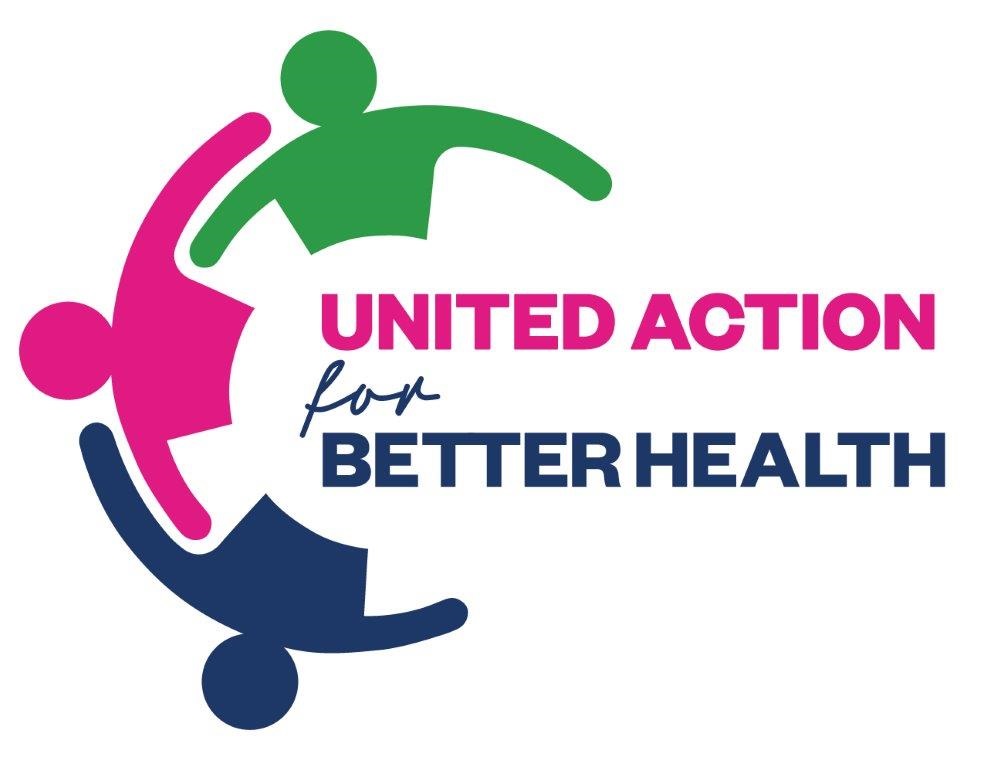
About WHO in Malta
World Health Organization in Malta
World Health Organization (WHO)
WHO was founded in 1948 to work for the attainment of the highest possible level of health by all peoples. WHO works with 194 Member States, providing leadership on global health matters, shaping the health research agenda, setting norms and standards, and articulating evidence-based policy options. It also provides technical support to Member States, monitors and assesses health trends, funds medical research and provides emergency aid during disasters. Through its programmes, WHO also works to improve nutrition, housing, sanitation and working conditions around the world. It is headquartered in Geneva, Switzerland and has six regional offices around the world.
The European Region (WHO/Europe)
WHO/Europe is one of WHO’s six regional offices around the world. It serves the WHO European Region, which comprises 53 countries, covering a vast geographical region from the Atlantic to the Pacific oceans. WHO/Europe staff are public health, scientific and technical experts, based in the main office in Copenhagen, Denmark, in 7 technical centres and in country offices in 30 Member States (plus one planned). In addition, WHO/Europe coordinates with the European Union and its agencies, and is host organization and partner of the European Observatory on Health Systems and Policies.
Small countries initiative
The Small Countries Initiative was established in 2013 at an informal meeting held during the 63rd session of the WHO Regional Committee for Europe in Çeşme Izmir, Turkey. The Initiative has since grown into a network of 11 Member States in the WHO European Region with populations of 2 million or less.
The countries participating in the Initiative are Andorra, Cyprus, Estonia, Iceland, Latvia, Luxembourg, Malta, Monaco, Montenegro, San Marino and Slovenia. Throughout the years, the Initiative has acted as a laboratory for innovation and a collaborative platform through which members can address issues unique to small countries; for example, these might relate to social, environmental and economic contexts, or health-related needs and vulnerabilities.
